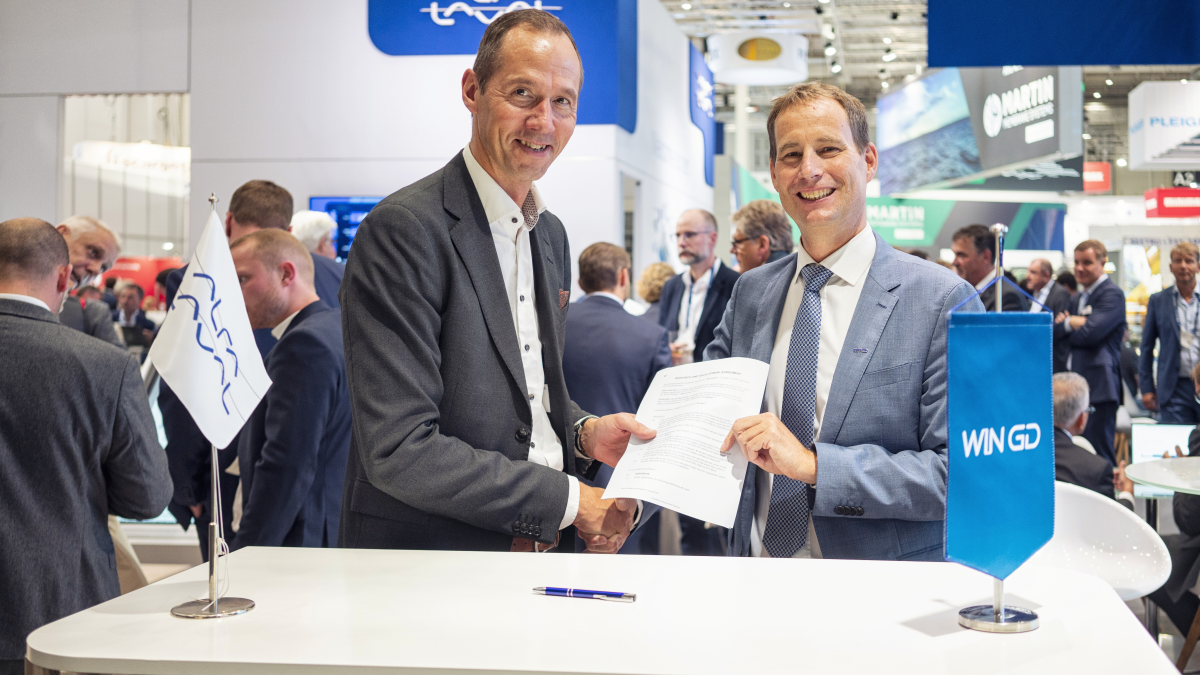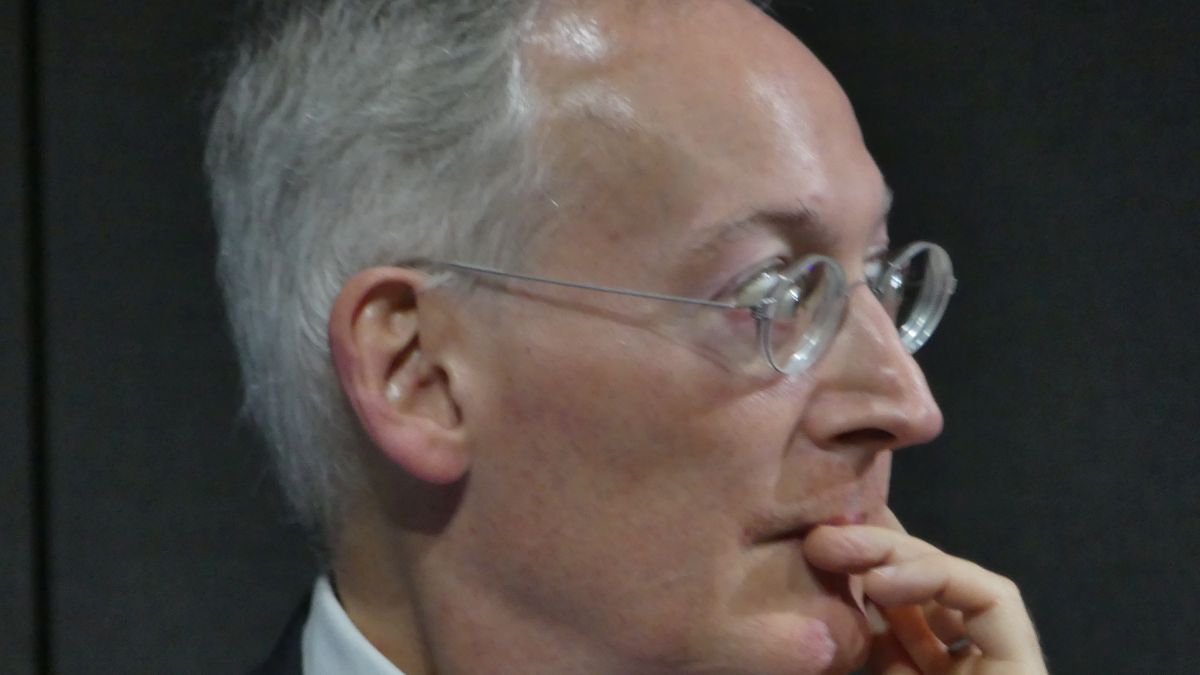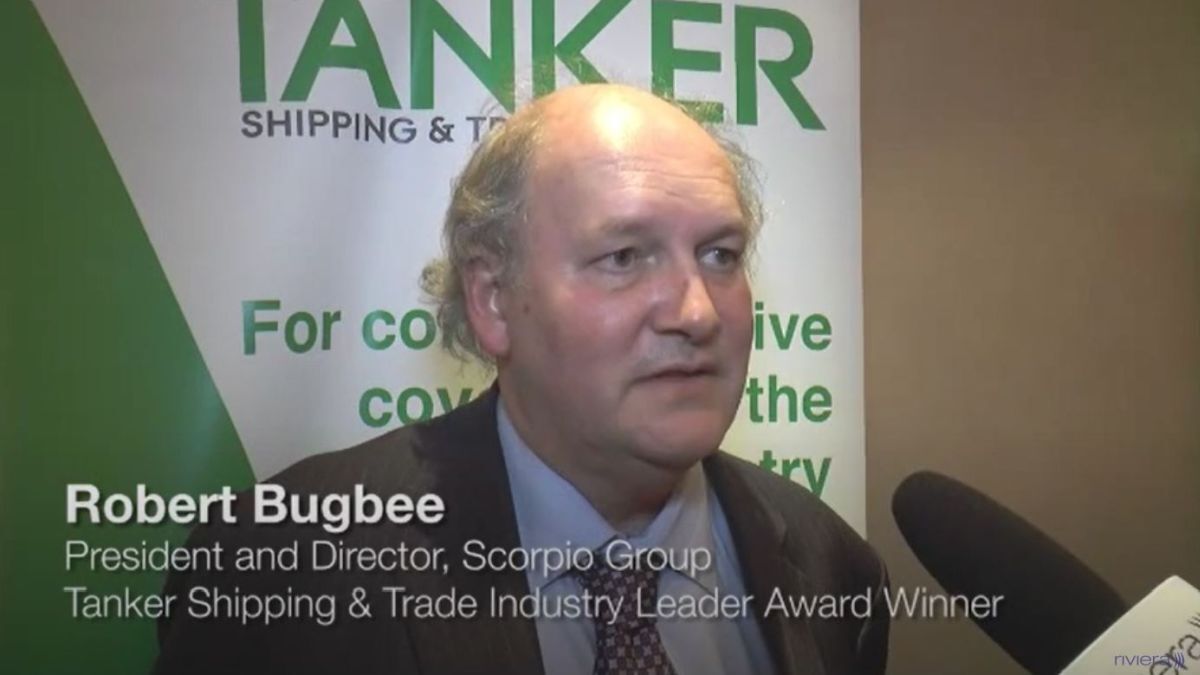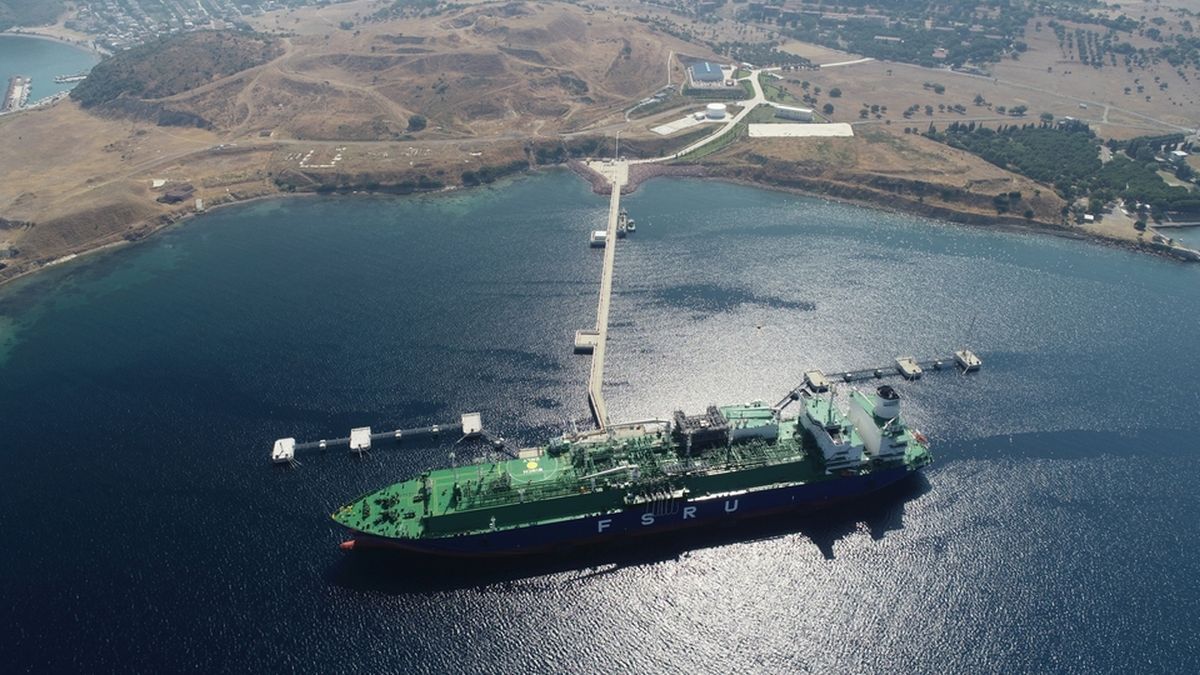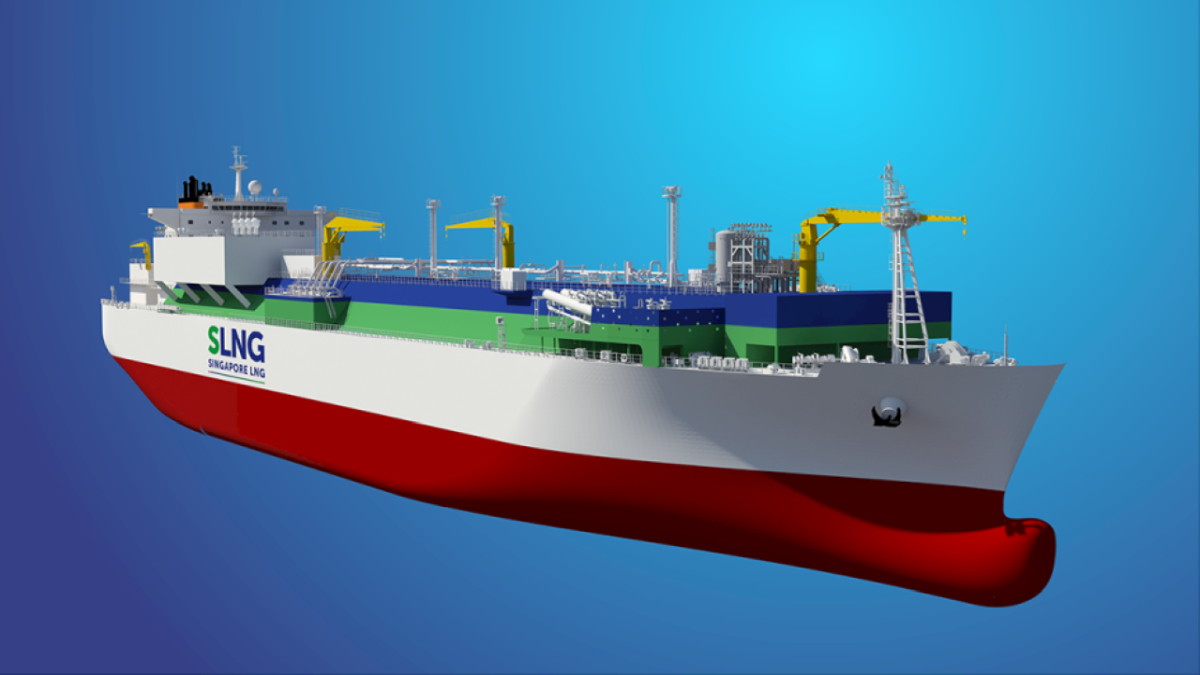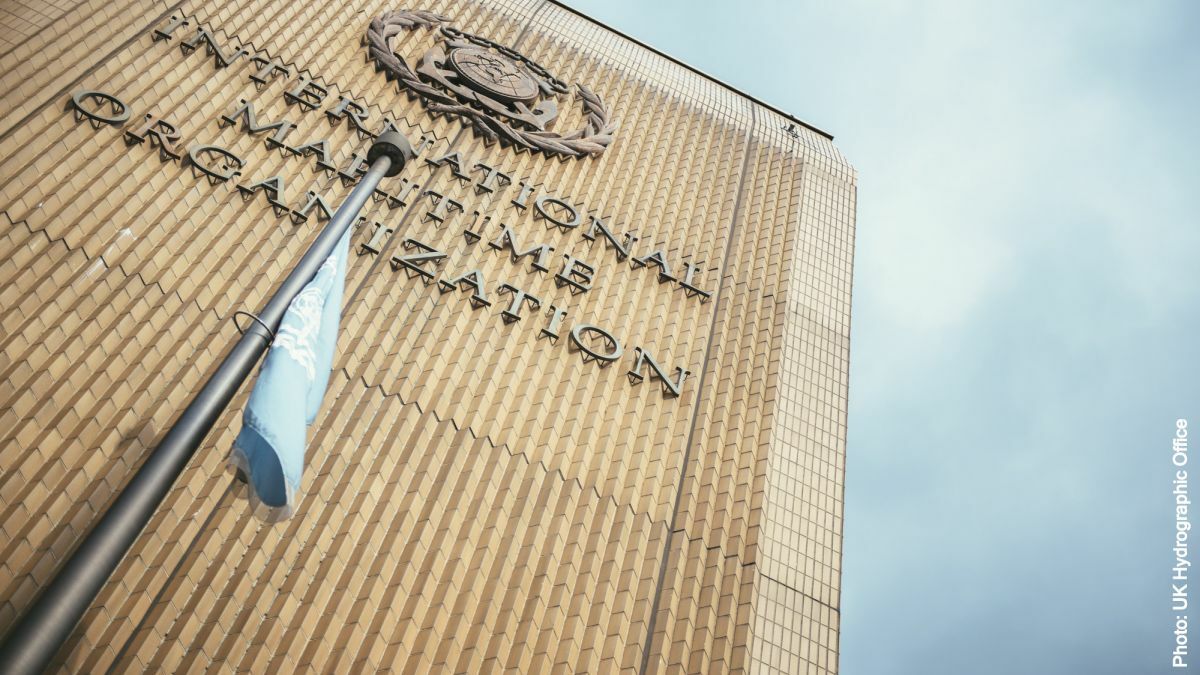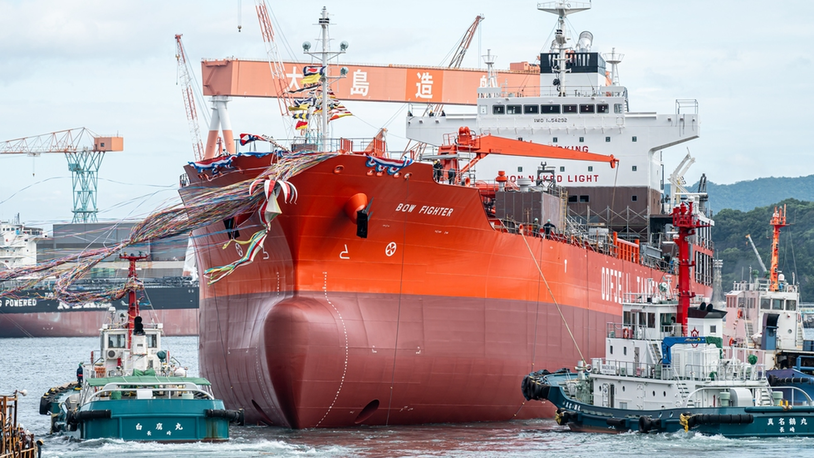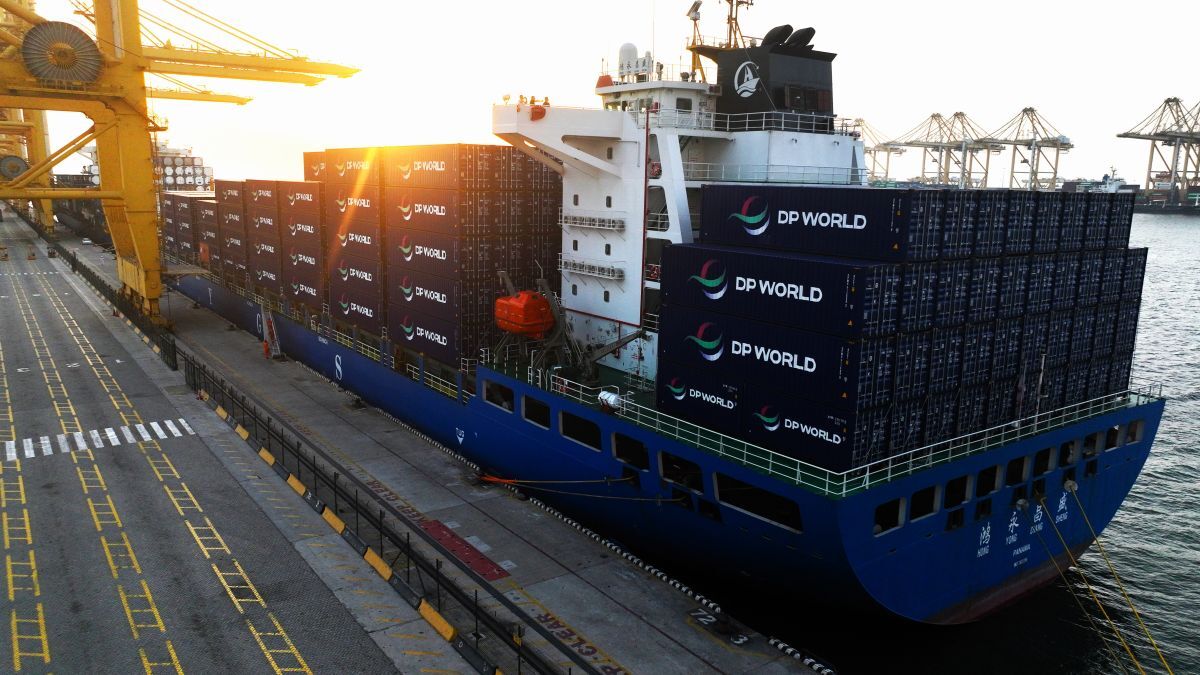Business Sectors
Events
Offshore Wind Webinar Week
Contents
WinGD taps Alfa Laval to develop methanol fuel supply system
Partnership deal comes shortly after WinGD announced it would roll out methanol-burning engines from 2024
WinGD and Alfa Laval said they intend to have a methanol engine and fuel supply system design built and tested in 2023.
Alfa Laval implied it would adapt its existing low-flashpoint fuel supply system (LFSS) for use with WinGD’s methanol-burning engines.
"Alfa Laval’s role in the project will draw heavily on existing experience. The Alfa Laval FCM Methanol, the industry’s leading LFSS for methanol, has an adaptable design and has been selected in over 30 methanol projects for major shipowners," an announcement from the two companies said.
Under the terms of the agreement with WinGD, Alfa Laval will provide the LFSS and its control system, the fuel valve train and auxiliary functions including a purging system. The companies said that a prototype for Alfa Laval’s LFSS will be delivered for tests with the methanol engine, which will take place at WinGD facilities in Winterthur, Switzerland.
The agreement between the two companies on development of a methanol fuel supply system for WinGD’s methanol engines also "paves the way for similar co-operation on ammonia," the announcement said, setting a potential target date for WinGD engines to be capable of running on ammonia as fuel by 2025.
Just days before the agreement with Alfa Laval, WinGD announced it had initiated a joint development project (JDP) with the aim of rolling out methanol, dual-fuel, two-stroke engines within two years.
The aim of the JDP between the Swiss engine designer and South Korean enginebuilder HSD Engine is to deliver a big-bore dual-fuel engine capable of running on methanol (or biomethanol or green methanol when available) by 2024. This would provide shipowners with a two-stroke engine that offers a pathway to meet IMO’s 2050 target – and to reach net-zero emissions – with their next generation of vessels.
Under the JDP, WinGD will oversee combustion and injection research, exhaust aftertreatment requirements and engine concept design. HSD Engine will provide support on cost-effective manufacturing and assembly, provide engine testing capabilities and deliver exhaust aftertreatment systems.
The JDP will focus on some of the largest engines in the WinGD portfolio, the X92 and X82. These engines will be suitable for the large and ultra-large container ships in which WinGD sees rapidly growing interest in green methanol. Demand is also growing, albeit at a slower pace, in the bulk carrier and tanker segments.
The project is the latest partnership with engine builders aimed at accelerating the development of WinGD engines capable of running on new fuels. Mr Schneiter explained that multiple collaborations are essential to meet the expectations of all shipbuilding markets and to jointly develop engine builders’ capabilities in testing and designing for new fuels.
Want to know more about alternative fuels? Browse Riviera Maritime Media’s free webinar library.
Riviera Maritime Media will provide free technical and operational webinars in 2022. Sign up to attend on our events page
Related to this Story
Events
Offshore Wind Webinar Week
Maritime Decarbonisation, Europe: Conference, Awards & Exhibition 2025
Offshore Support Journal Conference, Americas 2025
© 2024 Riviera Maritime Media Ltd.


